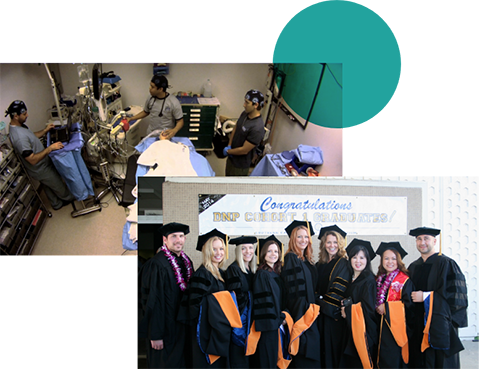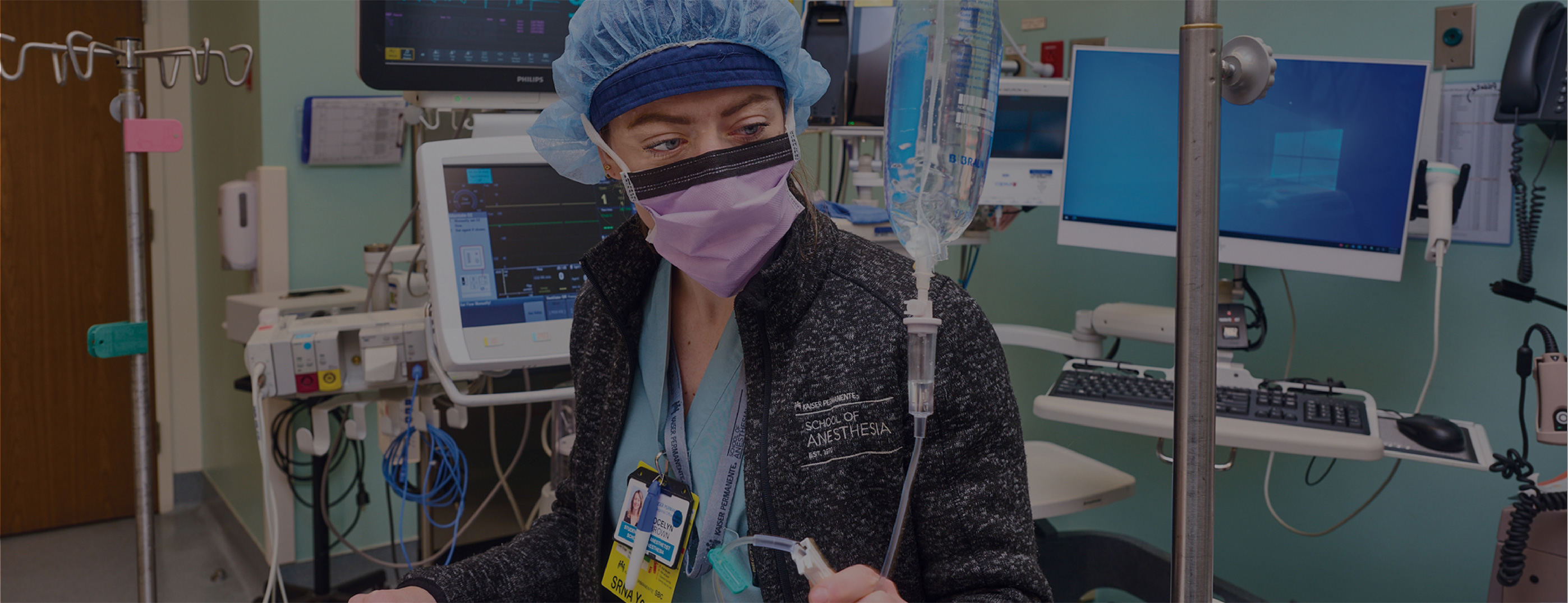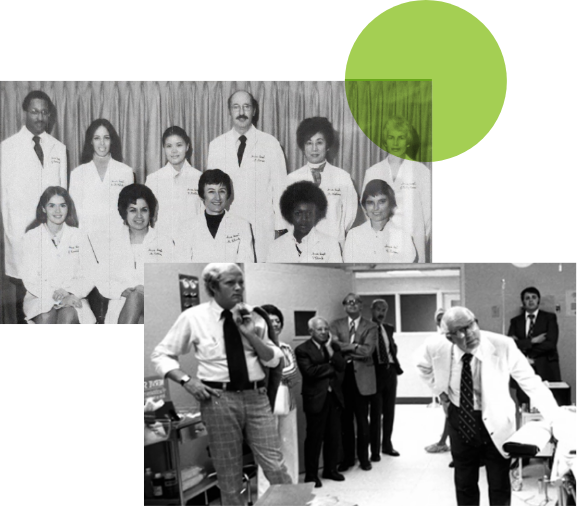
1970s
In 1972, the KPSA faculty enrolled its first cohort of 10 students. Dr. Kelly was the director and Dr. Robert Venrose, MD, was the anesthesiologist medical advisor. The school was located near Kaiser Permanente Los Angeles Medical Center.
In 1978, Kaiser Permanente School of Anesthesia created a partnership with California State University, Long Beach that awarded the first master’s degree in nurse anesthesia in the US.
1980s
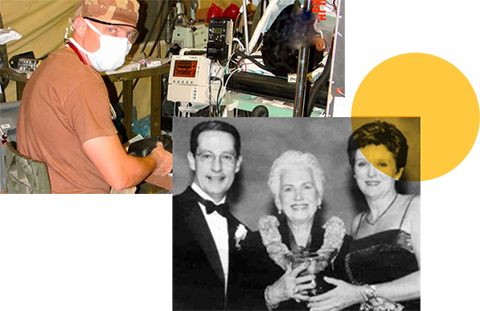
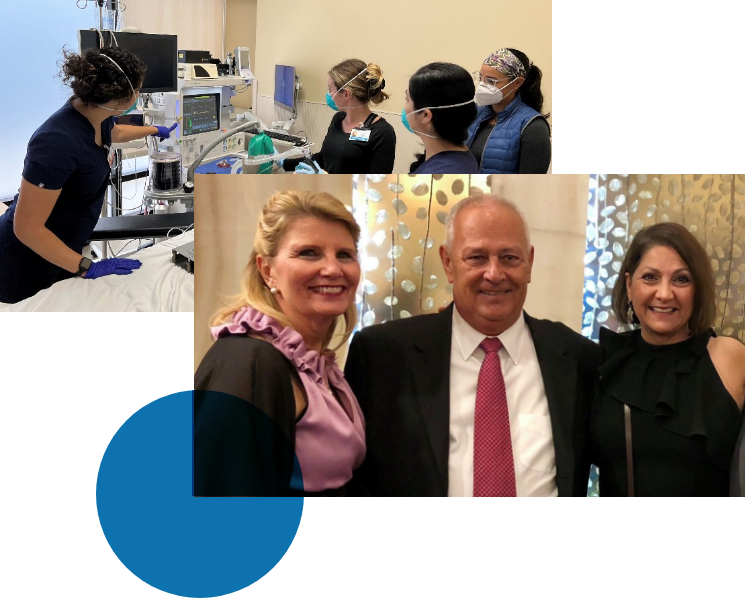
1990s
In 1996, Dr. John Nagelhout, PhD, CRNA, FAAN, became the second program director at KPSA. During his 22-year tenure as director, Dr. Nagelhout led our program through two successful accreditation cycles and increased the size of the student body and the faculty. Dr. Nagelhout, who earned his PhD in pharmacology, masterfully taught this subject to generations of CRNAs at Kaiser and on video to nurse anesthesia learners nationwide. He was the original creator, editor, and author of the core textbook for our profession, Nurse Anesthesia.
2000s - Present
- Further education focusing on research and quality improvement throughout the DNP scholarly project process
- Improved simulation education to include task training, ultrasonography, point of care ultrasound (POCUS), echocardiography (TEE/TTE), crises management, and high-fidelity simulation
- Expansion of our clinical affiliations to hospitals in Idaho, Arizona, and Hawaii. Created partnerships and clinical rotations with leading healthcare institutions in southern California
KPSA has been a pioneer in graduate nurse anesthesia education since its inception in 1972. Our graduates achieve academic excellence and are recognized for their high quality, safe, and compassionate healthcare service to patients and the community. To date, KPSA has educated half of all CRNAs in California. Our program has been ranked among the top 10 best nurse anesthesia programs in the US. With the continued support of Kaiser Permanente, the Southern California Permanente Medical Group, and our university partners at California State University, Fullerton, KPSA is dedicated to providing the highest quality educational program to help you achieve your dream of becoming a nurse anesthetist.
The outstanding education that KPSA offers was an impetus for the Kaiser Permanente Anesthesia Technologist (KPAT) program. In 2010, Kaiser Permanente School of Anesthesia, in conjunction with Pasadena City College, accepted their first anesthesia technologist class. The program was the first associate degree in Anesthesia Technology in the country, and its inaugural class graduated in 2011. KPAT’s sound foundational clinical education is a testament to the diversity of clinical experiences at its 19 clinical sites.
